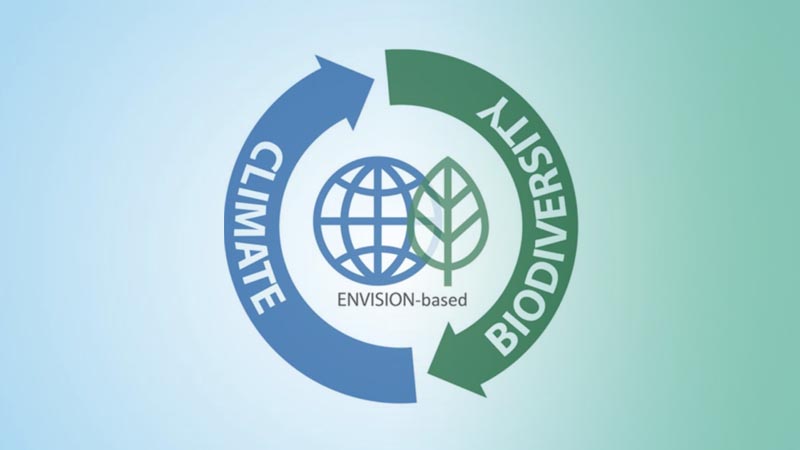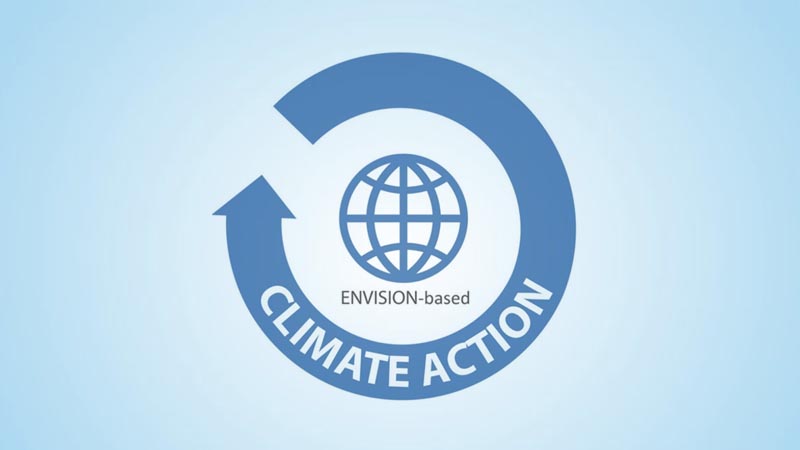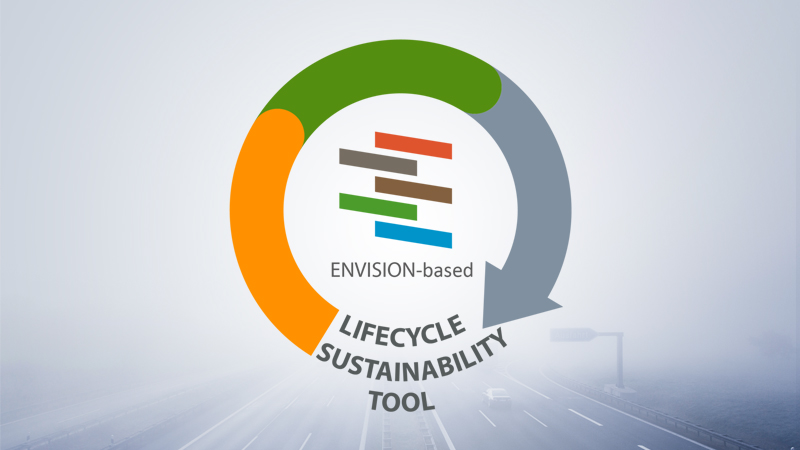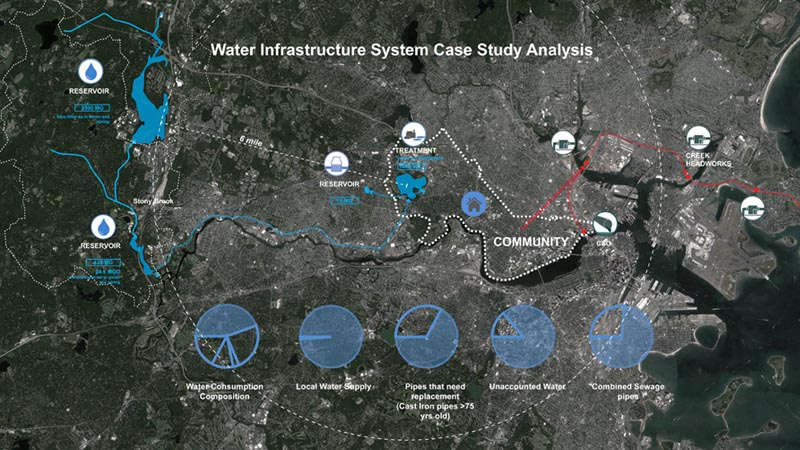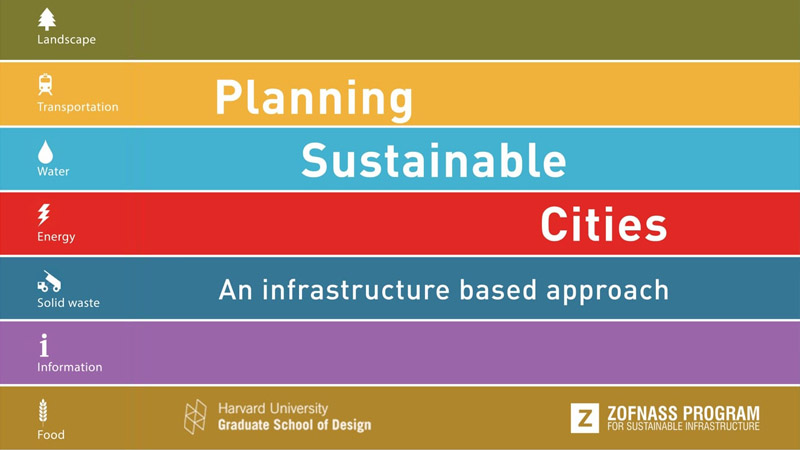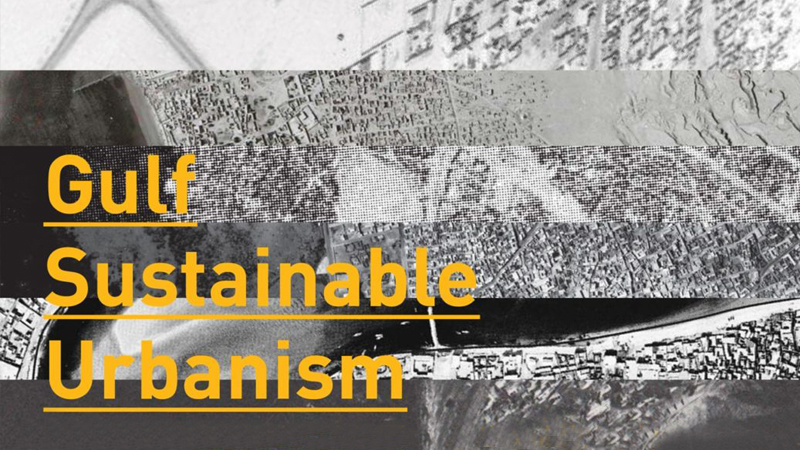The Zofnass Program for Sustainable Infrastructure was founded at Harvard in Fall 2007. The objective of the Program was to develop a rating system for the sustainability of infrastructure projects. At that time, such a rating system was unavailable, although large AEC companies had developed proprietary systems.
The Zofnass Program based part of its research on primary sources, taking advantage of its relationship with the AEC industry and the public sector. Projects and programs that constituted advancements in the current state of practice were documented as case studies to enhance teaching and further research. In most cases, the case studies were initiated by invited speakers in the regularly scheduled workshops and followed up by the Program’s researchers.

